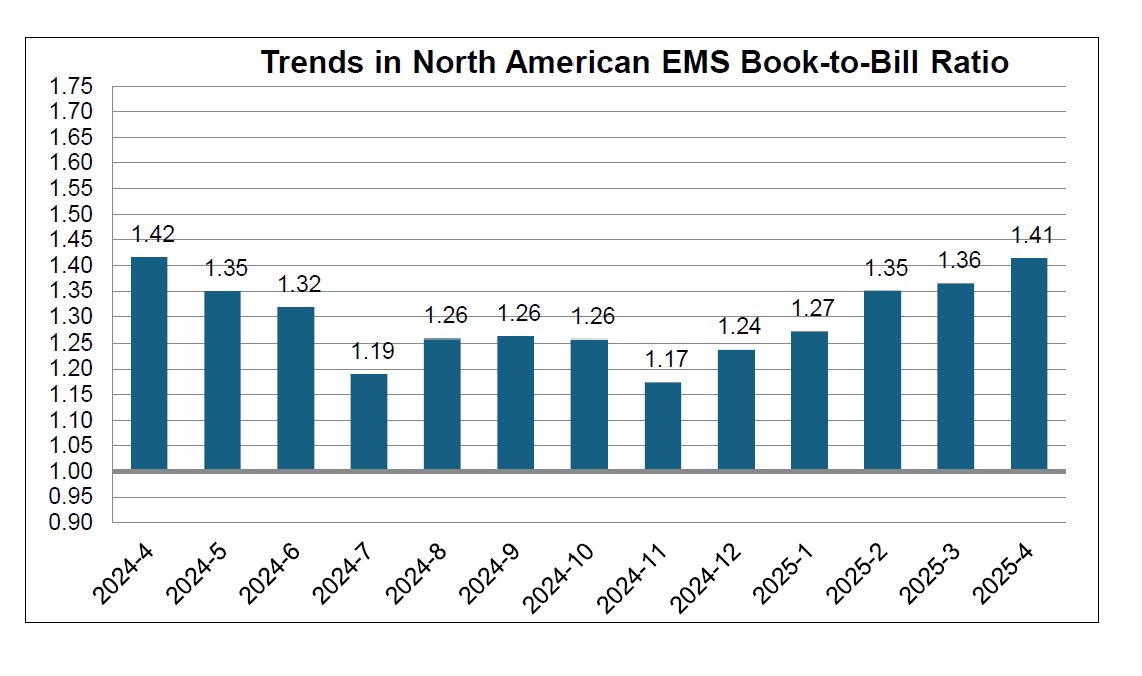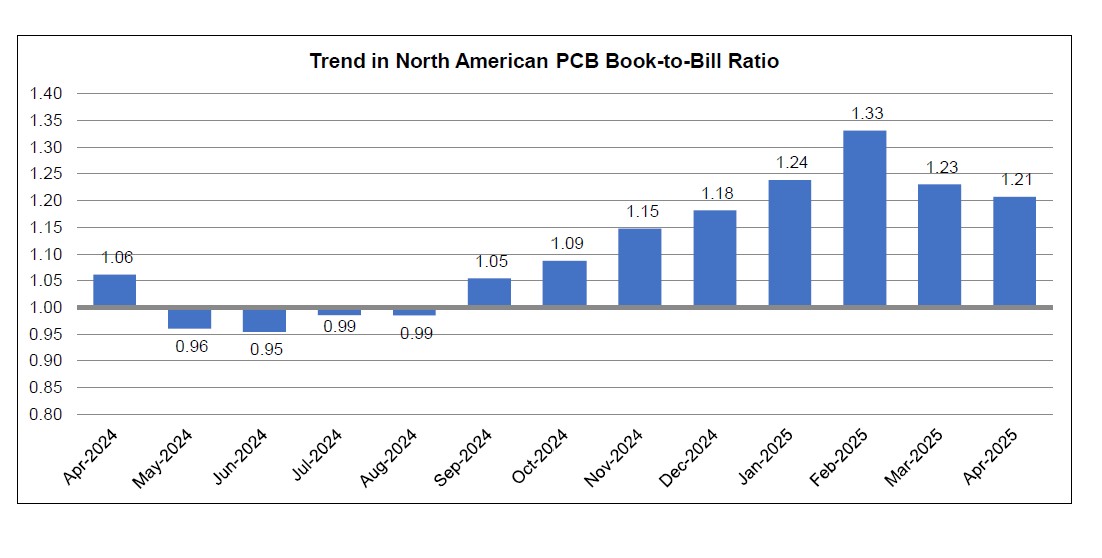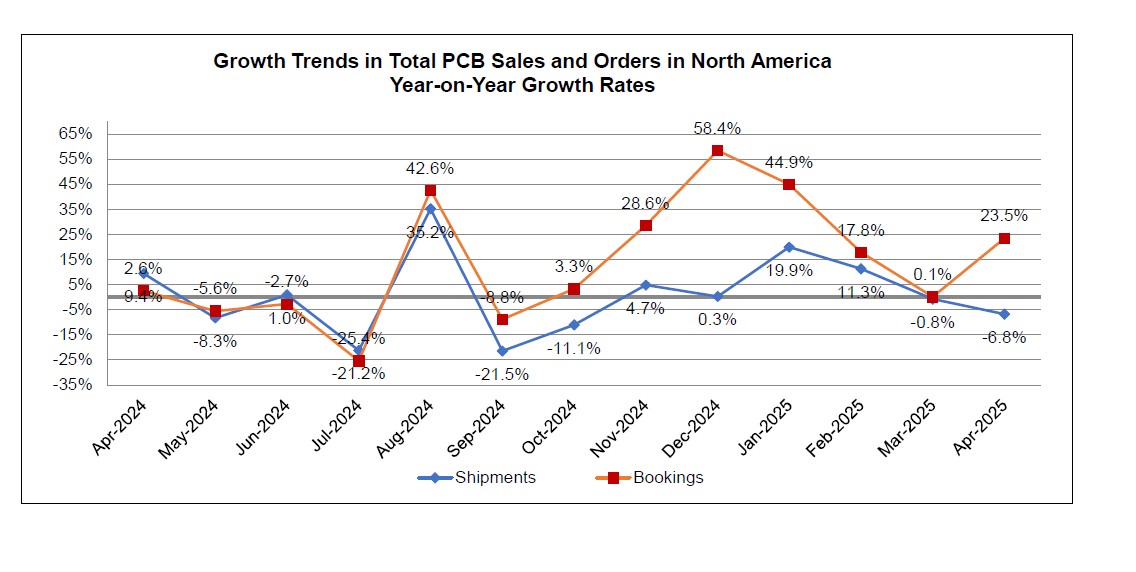By Sanjay Huprikar, Chief Global Officer, IPC and Philip Stoten, Industry Analyst
After decades of optimizing for global efficiency through lean supply chains and cost arbitrage, the electronics manufacturing services (EMS) industry stands at a crossroads. EMS companies now face mounting pressure to build regional resilience without sacrificing the interconnectedness that has driven innovation and economic growth. This tension between globalization and regionalization isn't just a policy or strategy debate—it's a fundamental business reality that EMS companies must navigate daily.
The EMS Industry's Global-Regional Paradox
For EMS providers, the challenge is particularly acute. These companies have built their competitive advantage on the ability to leverage global supply networks, optimize manufacturing footprints across multiple continents, and serve multinational OEMs with consistent quality and cost structures worldwide. Yet today's geopolitical tensions, supply chain disruptions, and customer demands for shorter lead times are forcing a strategic recalibration.
The reality is that EMS companies cannot simply choose between global and regional strategies—they must excel at both simultaneously. A major EMS provider might operate facilities across Asia, Europe, and the Americas, sourcing components globally while serving customers who increasingly demand regional production capabilities. This dual requirement creates complexity that extends far beyond traditional manufacturing considerations.
Consider the automotive electronics sector, where EMS companies are experiencing growth in electric vehicle components. These manufacturers must maintain global component sourcing relationships to achieve competitive pricing while establishing regional production capabilities to meet automotive OEMs' just-in-time delivery requirements and reduce supply chain risks. The challenge isn't choosing one approach over the other; it's integrating both into a coherent operational strategy.
The New Rules of Regional Manufacturing
Regional manufacturing in the EMS context doesn't mean returning to isolated, self-contained supply chains. Instead, it represents a more sophisticated approach to balancing proximity with efficiency. Successful EMS companies are discovering that regional strategies work best when they're part of a globally coordinated framework.
This evolution requires EMS providers to rethink several fundamental assumptions. Workforce development, for instance, must now consider regional talent pools and training requirements while maintaining global standards for quality and capability. Procurement strategies must balance local sourcing opportunities with global supplier relationships. Technology deployment must account for regional regulatory requirements while leveraging global R&D investments.
The most successful EMS companies are those that view regionalization not as a retreat from globalization, but as its next evolution. They're creating regional centers of excellence that specialize in specific technologies or market segments while maintaining the connectivity and knowledge sharing that global operations enable.
Supply Chain Resilience Through Intelligent Diversification
The pandemic and subsequent supply chain disruptions taught the EMS industry valuable lessons about the risks of over-optimization. Companies that had streamlined their supplier bases to the bare minimum found themselves vulnerable when single sources of critical components failed. However, the solution isn't simply adding more suppliers—it's building intelligent diversification that combines global sourcing capabilities with regional backup options.
Leading EMS providers are now implementing what we call "hybrid resilience strategies." These approaches maintain primary global supply relationships while establishing secondary regional capabilities that can be activated when needed. This might involve qualifying regional component suppliers as backup sources, maintaining inventory buffers in multiple geographic locations, or developing alternative manufacturing processes that can utilize different component specifications.
This strategy requires sophisticated planning and coordination. EMS companies must invest in systems and processes that can manage multiple supply chain scenarios simultaneously, switching between global optimization and regional resilience as conditions warrant. The companies that master this balance will have significant competitive advantages in an increasingly volatile world.
Technology as the Great Equalizer
One of the most promising developments in balancing global and regional approaches is the role of technology in reducing traditional trade-offs. Advanced manufacturing technologies, artificial intelligence, and improved communication systems are enabling EMS companies to achieve regional production capabilities without sacrificing the efficiency gains that global operations provide.
Digital manufacturing technologies, for example, allow EMS providers to replicate production capabilities across multiple regional sites more easily than ever before. Standardized digital processes can be deployed globally while accommodating regional variations in labor costs, regulations, and market requirements. Similarly, AI-driven supply chain optimization can help companies manage the complexity of hybrid global-regional strategies by continuously optimizing sourcing, inventory, and production decisions across multiple locations.
The adoption of Industry 4.0 technologies is particularly relevant for EMS companies operating in high-wage regions. Advanced automation and smart manufacturing systems can help offset higher labor costs while providing the flexibility to serve regional markets efficiently. This technological capability is essential for making regional manufacturing economically viable in markets where cost competition remains intense.
The Role of Industry Collaboration
While individual EMS companies must navigate these challenges independently, the broader transformation requires industry-wide collaboration. This is where organizations like IPC play a crucial role in facilitating dialogue, sharing best practices, and developing standards that support both global connectivity and regional capabilities.
The electronics industry benefits significantly when companies, suppliers, and stakeholders work together to address common challenges. Through collaborative initiatives, the industry can develop harmonized standards that work across regions, share intelligence about emerging supply chain risks, and coordinate workforce development efforts that benefit the entire ecosystem.
Industry associations serve as neutral forums where competitors can collaborate on pre-competitive issues while maintaining their individual market strategies. This collaboration is particularly valuable in addressing challenges that span multiple regions and require coordinated responses, such as workforce training standards, supply chain security protocols, and technology development priorities.
Building Tomorrow's EMS Industry
The future of the EMS industry lies not in choosing between global and regional approaches, but in masterfully combining both. This requires new thinking about organizational structures, operational strategies, and collaborative relationships. Companies must develop what we term "glocal capabilities"—the ability to think globally while acting locally, maintaining worldwide connectivity while building regional strength.
Success in this new environment requires EMS companies to become more sophisticated in their strategic planning, more agile in their operational execution, and more collaborative in their industry relationships. They must invest in technologies and processes that support hybrid strategies while building organizational capabilities that can manage increased complexity.
The companies that thrive will be those that view the global-regional balance not as a constraint to be managed, but as a competitive advantage to be leveraged. They will use their global reach to access the best technologies, suppliers, and talent while using their regional presence to serve customers with speed, flexibility, and reliability.
The electronics manufacturing services industry has always been characterized by its ability to adapt to changing market conditions and customer requirements. The current challenge of balancing global efficiency with regional resilience is simply the latest chapter in this ongoing evolution. By embracing both approaches simultaneously, EMS companies can build more robust, responsive, and ultimately more successful businesses for the future.
Sanjay Huprikar is Chief Global Officer at IPC, the global electronics association, where he oversees international strategy and member relations across multiple regions. Philip Stoten is an industry analyst specializing in electronics manufacturing and supply chain strategies.




